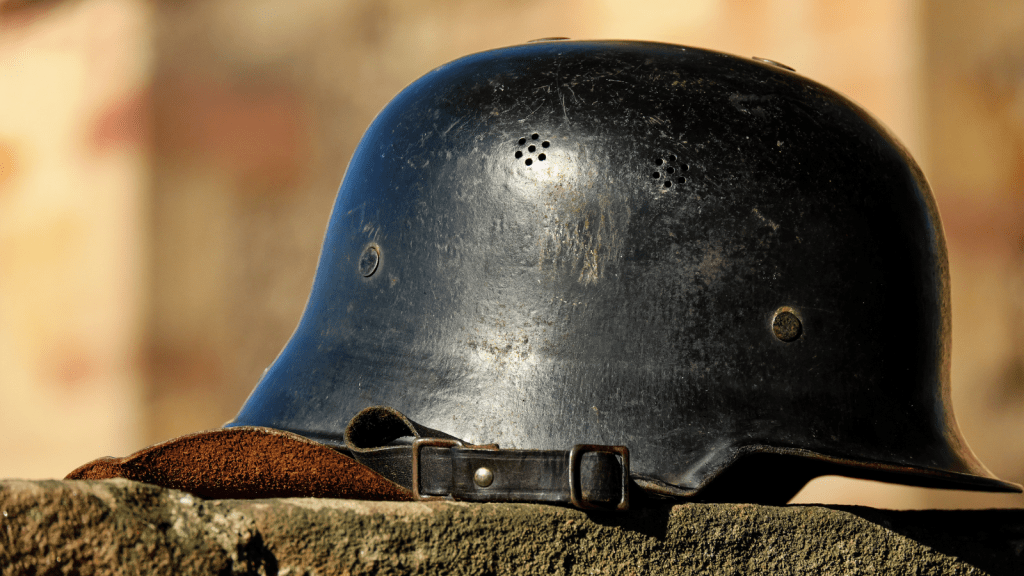The Russia-Ukraine War and China: Is Anything Changing for Türkiye? – Mehmet Öğütçü
Despite the new dynamics shaping the Russia-Ukraine War, Türkiye’s position remains largely unchanged. Indeed, rather than a more active role, its potential as a mediator seems to have l diminished.
Neither Kyiv, Moscow, nor Western countries are keen on Ankara playing a significant role in conflict resolution for reasons of their own.
While the West, particularly the US, continues to stoke the flames of war in Ukraine, there is anticipation that China, having successfully mediated between Iran and Saudi Arabia and Palestinian factions recently, might step in.
In the meantime, the prolonged war, with its heavy human and material toll, has faded from the forefront of media coverage. Even President Zelensky’s appeals for aid are losing their impact, as the West seems content with Russia’s entanglement in Ukraine as it stands now.
Obtaining accurate information from the conflict zone has become increasingly difficult, with disinformation from Russians, Ukrainians, and Westerners muddying the waters. This makes it hard to discern the true state of affairs. Observers liken the situation to a strategic chess game, with Ukraine as a mere pawn.
At a recent club meeting with former UK Prime Minister Boris Johnson, I questioned his advocacy for the war’s continuation despite the massive loss of life and infrastructure. He did not respond. The primary Western objective appears to be preventing a deeper strategic partnership between Russia and China and curbing their geopolitical and economic competition in various regions, from the Middle East to the Arctic, rather than achieving a ceasefire.
Sanctions on Russia have benefited American energy companies, increased arms sales, and strengthened US dominance over Europe.
Weakening Russia in Ukraine will likely significantly impact the global strategic balances, with the China-Russia alliance gradually becoming not so solid globally. Yet, let’s not assume that Russia and China are going to sit idly on the sidelines; they are making serious counter-moves.
BRICS and Shanghai Cooperation Organization: New Power Balances
For now, Russia and China are not escalating tensions directly with the West, but this may be the calm before the storm.
BRICS and the Shanghai Cooperation Organization (SCO) are expanding, strengthening economically, militarily, and technologically. These alliances will no doubt put strain on the West’s traditional dominance in global affairs, enabling developing countries to have a voice on the global stage, fostering economic cooperation, infrastructure projects, and technological advancements. The Pacific, not Eurasia or the Middle East, is becoming the crucial geostrategic basin for all nations aspiring to global dominance.
Türkiye’s Strategic Position
In this complex landscape, Türkiye acts as an “autonomous power” straddling the East and West. Despite its NATO membership, Türkiye maintains significant economic and military relations with Russia, Iran, and China. The West often views Türkiye as an unreliable ally given that NATO recently declared China and Russia, along with Iran and North Korea, as “archenemies” at the Washington Summit. However, Türkiye cannot continue as it has when the tensions will grow stronger and force Ankara to make a critical choice about its final alignment.
Given strained relations with the West, Türkiye might consider closer ties with BRICS and the SCO. However, abandoning the gains made with the West to date would not be a smart choice. there is no rosy picture for being on the other side, namely with China and Russia.
Türkiye’s strategic future hinges on balancing relations with the East while maintaining historical ties with the West. It does not have to be black and white.
To achieve this, Türkiye must reconfigure its foreign policy, security, and intelligence capabilities, ensuring it acts as a reliable regional power from China to Germany and Russia to Saudi Arabia.
National interests should be defined on a long-term, common ground, not arbitrarily by a few in Ankara. NATO’s Article 5 guarantee is no longer a token that will protect Türkiye in a hot confrontation with hostile powers. Türkiye should maintain a pragmatic approach, balancing relations with Russia on a “win-win” basis and reestablishing equilibrium with the West. Its security and economic interests in Central Asia, the Caucasus, the Middle East, and Southeast Europe must be complemented with those in neighboring countries.
Türkiye must remain cautious of both the West and Putin’s Russia, as either could act against it if necessary. China, too, could reverse relations, should its interest require to act so. Therefore, Ankara must reconsider its political and economic architecture and options in such a way to solidify its global and regional position, avoid emotional outbursts in policy statements, never weaken its hard earned Western engagements, and become a reliable and clear-minded partner for all. This requires smart leadership and cadres in government, military, business and technology capable of crafting creative approaches, balancing global dynamics and executing effectively whatever it decides, aware of Türkiye’s weaknesses and strengths, global game changers.

Mehmet Öğütçü
Chairman, Global Resources Partners, UK, and The London Energy Club. Former diplomat, prime minister adviser, IEA and OECD senior executive, director and independent board member at British Gas, Genel Energy, Invensys, Şişecam, Yaşar Holding companies. Chairman of the Middle East Institute, Washington DC, Advisory Board. He can be contacted at [email protected]
To cite this work: Mehmet Öğütçü, “The Russia-Ukraine War and China: Is Anything Changing for Türkiye?”, Panorama, Online, 29 September 2024.https://www.uikpanorama.com/blog/2024/09/29/china-mo
Copyright@UIKPanorama All on-line and print rights reserved. Opinions expressed in works published by the Panorama belongs to the authors alone unless otherwise stated, and do not imply endorsement by the IRCT, Global Academy, or the Editors/Editorial Board of Panorama.
